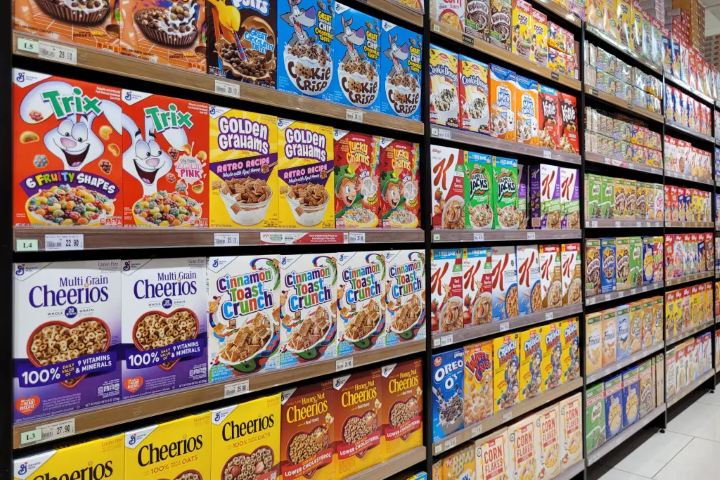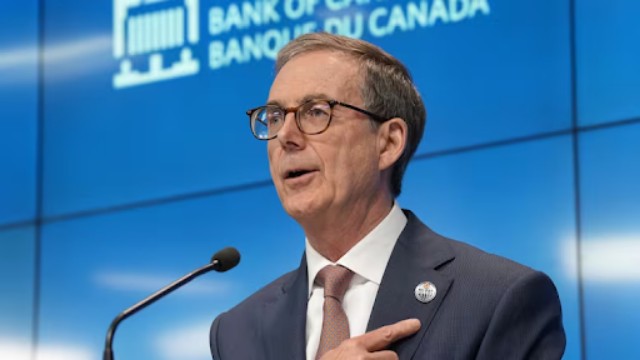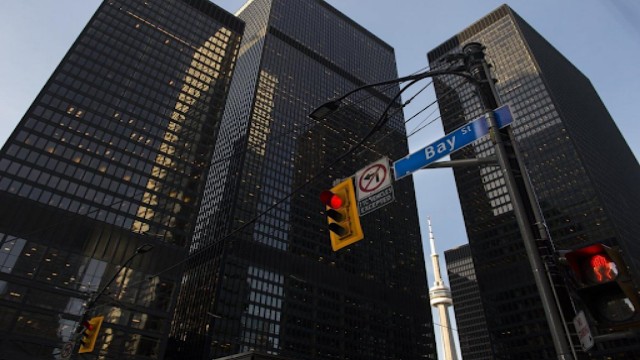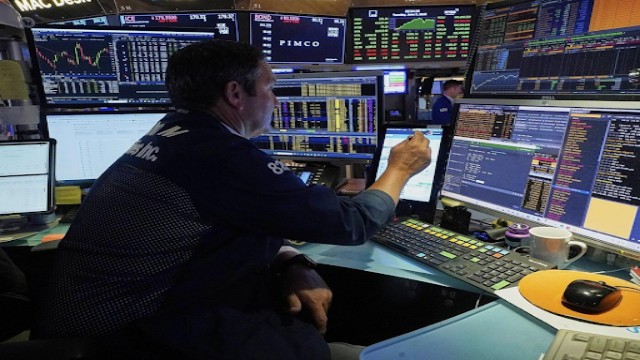
Grocery prices surge, hitting Americans' wallets hard. Analysis reveals a $100 cart now costs $137. Inflation sparks election debate. (ltyuan – stock.adobe.com)
The cost of filling a grocery cart has significantly escalated over the past five years, as revealed by an analysis conducted by The Wall Street Journal. Shoppers now find themselves shelling out $137 for the same array of essentials that could be purchased for $100 back in 2019. This surge in prices has become a prominent concern, particularly in the lead-up to the upcoming election, with Republicans pointing fingers at what they term "Bidenomics" for the strain on Americans' wallets.
During Donald Trump's tenure in 2019, the average price for a dozen eggs stood at $2.36, notably lower than the current average of $3.84 under Joe Biden's administration. Laundry detergent, in particular, has witnessed a substantial price hike, with the average cost soaring from $7.83 to $10.66 over the same period.
Basic household items such as milk, butter, cereal, and toilet paper have all experienced notable price increases as well. For instance, a gallon of milk that cost $2.73 in 2019 now demands $3.25. Similarly, the average price of butter has climbed nearly $1, while cereal now costs $1.14 more than it did five years ago. Even toilet paper, once priced at $7.08, now stands at $9.75 per unit.
These inflationary pressures persist, although they have eased from the peak experienced in 2022, when inflation rates hit 9.1%. February's Consumer Price Index (CPI) registered at 3.2%, slightly surpassing economists' expectations of 3.1%. Moreover, the core Personal Consumption Expenditures Index, a key metric tracked by the Federal Reserve to gauge inflation, rose by 0.3% in February and 2.8% year-over-year, indicating the ongoing struggle to rein in prices.
The latest data reveals a 1% increase in grocery prices in February compared to the previous year, signifying a continuation of the upward trend. This spike contrasts sharply with the pre-pandemic era, where grocery prices rose by a mere 1.2% in February 2019. Over the past three years, grocery prices have surged by 21%, according to statistics from the Bureau of Labor.
Federal Reserve Chair Jerome Powell affirmed the central bank's commitment to its plan of reducing interest rates later in the year. However, skeptics like Mets owner Steve Cohen, drawing from his background in hedge fund management, foresee formidable challenges ahead for the Fed in its endeavor to bring inflation closer to its targeted 2% mark.















